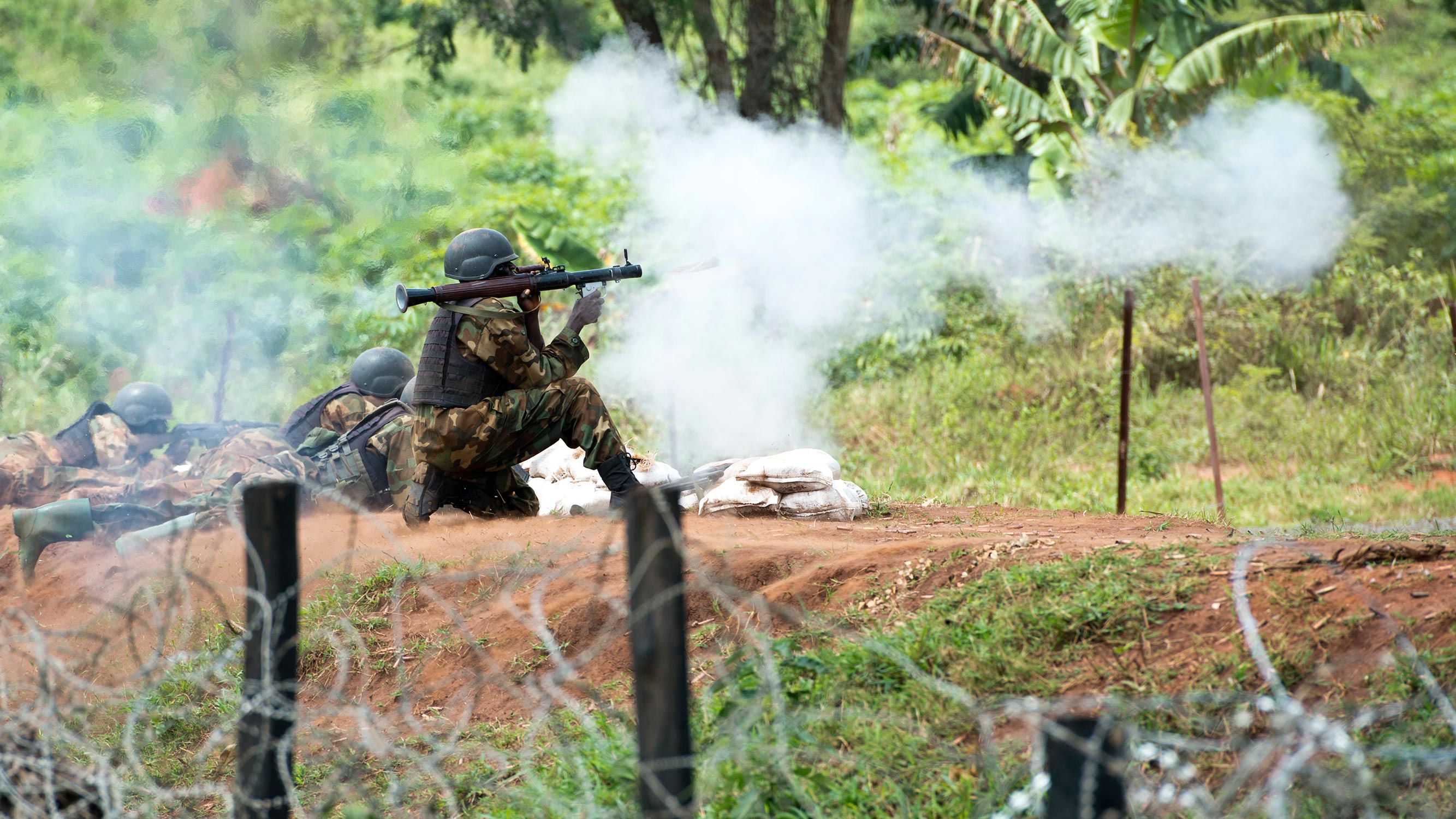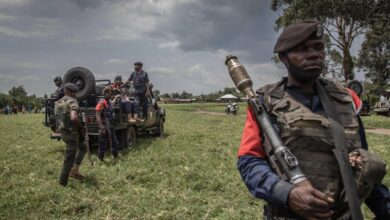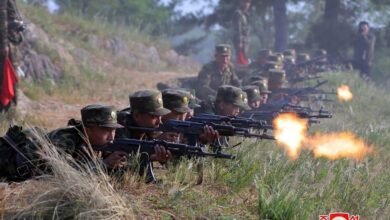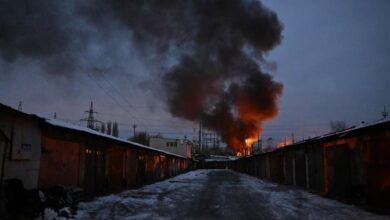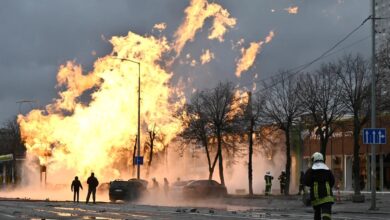Uganda’s army said it launched attacks on a shadowy rebel group in eastern Democratic Republic of Congo, where militants killed 14 United Nations peacekeepers earlier this month.
“Shared intelligence between Uganda and the DRC confirmed that the Allied Democratic Forces (ADF) terrorists which recently carried out attacks on U.N. peacekeepers … were planning to conduct hostile activities against Uganda,” the army said in a Friday, December 22 statement.
“In a pre-emptive move, this afternoon UPDF (Ugandan People’s Defence Force) conducted attacks on their camps in Eastern DRC.”
The ADF, a Ugandan rebel group dominated by hardline Muslims now mainly operating in the DR Congo, was behind an attack that left 14 Tanzanian peacekeepers dead two weeks ago, according to the U.N.
The ADF started out with the aim of overthrowing Uganda’s President Yoweri Museveni, who was seen as hostile to Muslims. But it went on to absorb other rebel factions and started carrying out attacks in 1995.
Gradually pushed westwards by the Ugandan army, the ADF relocated most of its activities to the DRC.
It was also blamed for an ambush on U.N. peacekeepers in eastern DR Congo in October, which killed two peacekeepers and wounded 12.
It has also been accused by Uganda and the U.N. peacekeeping mission MONUSCO of killing more than 700 people in the Beni region since October 2014.
Kinshasa has insisted on a jihadist motive to the killings, but many observers and experts say that there has been no proven link with the global jihadist underground, and that this is a “simplistic” explanation for their acts.
Many ADF recruits – drawn from Tanzania, Burundi, Kenya and as far as Somalia – are not hardcore ideologues but young Muslims lured by the promise of going to study in Saudi Arabia, an intelligence agent and civil society source told AFP last year.
A group run by U.S. researcher Jason Stearns published a report claiming that several distinct groups “appear to be involved in the massacres,” including soldiers from the regular army.
The government rejected the claims and Stearns was expelled from the DR Congo after the report’s release.
Beni’s mayor Bwanakawa Nyonyi told AFP last year that he believed the massacres were carried out by a nebulous group, with politically motivated “Congolese hands” behind them.
In explaining the violence, some have cited struggles for control of trafficking in various industries like timber, agricultural produce or minerals in a region with extremely rich resource potential.
With reporting from AFP

